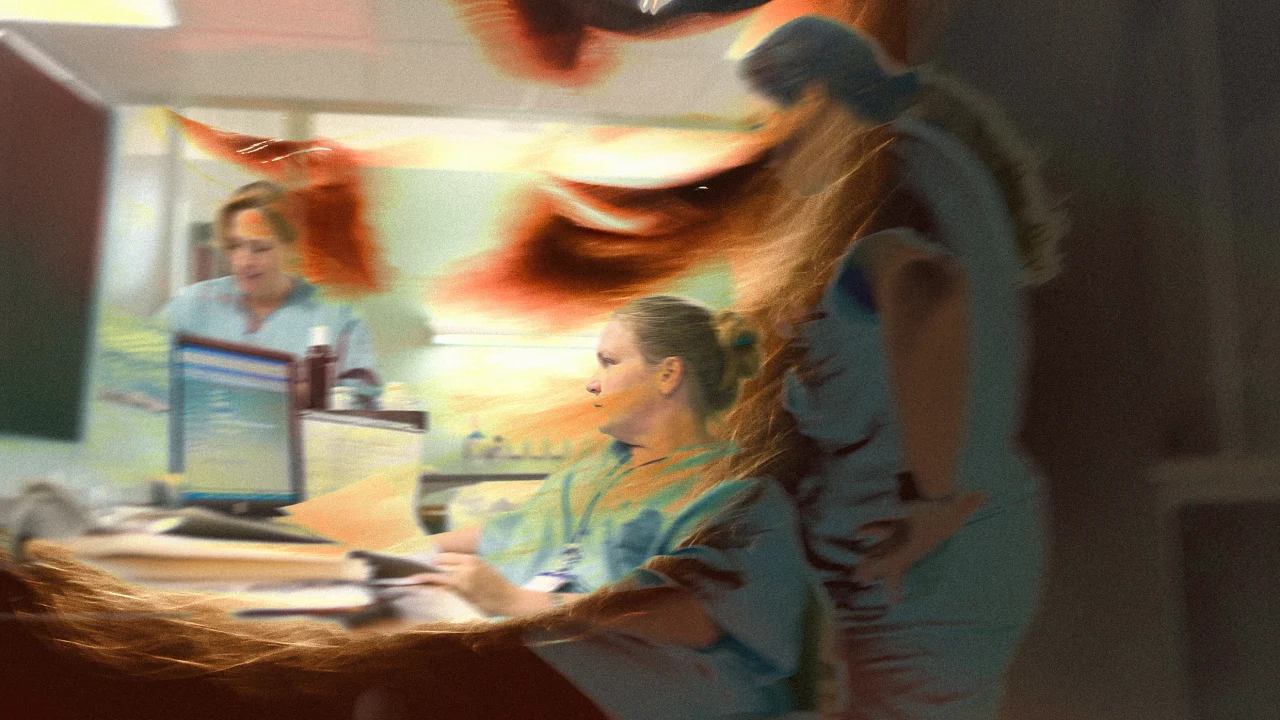The Ultimate Guide to Choosing the Right Laboratory Equipment for Your Lab
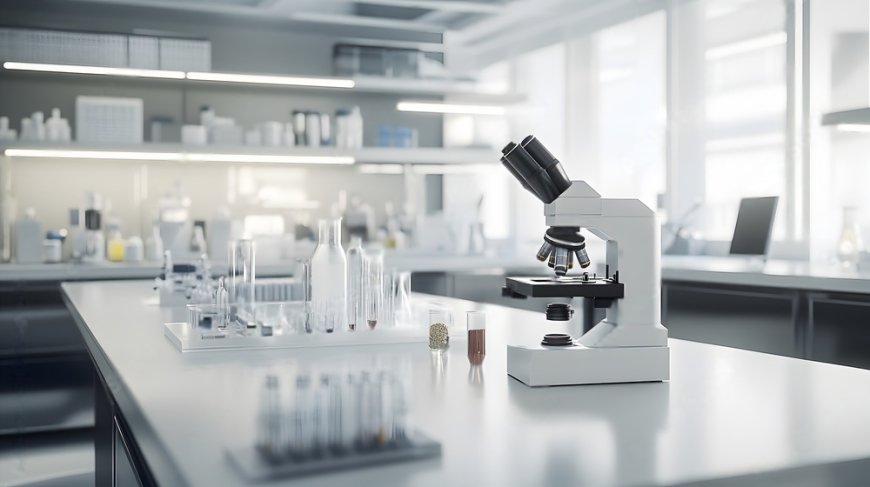
laboratory EquipmentLaboratory work is fundamental to research, diagnostics, and scientific progress. Whether you're setting up a new lab or upgrading your current equipment, selecting the right laboratory Equipment is crucial to ensuring high-quality, reliable results. This guide walks you through everything you need to know about choosing the right laboratory equipment for your needs.
Importance of Choosing the Right Lab Equipment
Choosing the right lab equipment is more than just purchasing tools; it's about investing in instruments that will help you maintain consistency, accuracy, and efficiency in your work. Whether you’re involved in medical diagnostics, research, or quality control, the quality of the equipment used can have a significant impact on the outcome of your experiments.
Types of Laboratory Equipment Available
Laboratory equipment ranges from basic tools like beakers and test tubes to complex machinery such as microscopes, autoclaves, and particle counters. Each piece of equipment serves a unique function, and understanding the role it plays in your work is crucial when selecting the right tools for your lab.
Factors to Consider When Selecting Laboratory Equipment
Understanding the Purpose of the Equipment
The first step in choosing the right equipment is understanding its purpose. For instance, if you're conducting microbiological research, a high-quality autoclave is essential for sterilization. Similarly, if you need to analyze air or liquid samples, a liquid particle counter or an air particle counter may be required.
Assessing Equipment Durability and Reliability
Durability and reliability are key factors when choosing equipment for your lab. High-quality instruments ensure minimal downtime and more consistent results. Investing in durable equipment can also reduce the long-term cost of repairs and replacements.
Calibration and Maintenance Requirements
Calibration is vital for ensuring the accuracy of your instruments. Certain lab equipment, such as microscopes and particle counters, require regular calibration service is to maintain accuracy. Additionally, equipment maintenance plays a significant role in extending the lifespan of your tools and preventing unexpected breakdowns.
Budget Considerations
While it may be tempting to go for the cheapest option, it’s important to balance cost with quality. Often, high-quality equipment can save money in the long run by providing more accurate results, lasting longer, and requiring fewer repairs.
Overview of Essential Laboratory Equipment
Autoclaves
Autoclaves are essential for sterilizing equipment, especially in biological and medical labs. These machines use steam under pressure to kill bacteria, viruses, and other microorganisms. When selecting an autoclave, consider its size, pressure capabilities, and ease of use.
Microscopes
Microscopes are crucial for analyzing small samples and gaining insight into the microscopic world. When choosing a microscope, think about the level of magnification you need, the quality of the lenses, and whether a digital model might be beneficial for your work.
Liquid Particle Counters
Liquid particle counters are used to measure and count particles in liquids, which is essential for quality control and product manufacturing in industries like pharmaceuticals and food. These counters must be accurate and reliable, ensuring that only high-quality particles are used in your products.
Air Particle Counters
Air particle counters measure the number of particles in the air, which is essential for labs that need to maintain a clean and controlled environment. These counters help monitor air quality and ensure the safety and accuracy of lab experiments.
Equipment Services You Should Consider
Equipment Calibration
Calibration ensures that your equipment is functioning correctly and providing accurate results. Many types of laboratory equipment require regular calibration, such as microscopes and particle counters, to maintain their performance.
Equipment Maintenance
Routine maintenance helps keep your equipment running smoothly and prevents costly repairs. Regular checks, cleaning, and servicing can extend the life of your tools and ensure they remain in top working condition.
Instrument/Equipment Qualification
Instrument qualification involves testing and validating the performance of your equipment to ensure it meets the required standards. This process is particularly important in regulated industries, such as pharmaceuticals and medical labs.
Thermal Qualification
Thermal qualification ensures that your lab equipment, particularly those involved in heating and cooling processes, is functioning at the correct temperatures. This is crucial for maintaining the integrity of your experiments and samples.
How to Ensure Equipment Efficiency and Longevity
Importance of Regular Calibration and Maintenance
Keeping up with regular calibration and maintenance schedules can significantly improve the efficiency of your lab equipment. It minimizes downtime and helps avoid costly repairs, allowing you to maintain consistent results over time.
Upgrading and Replacing Lab Equipment
Technology evolves, and so should your lab equipment. Upgrading outdated instruments can enhance the performance and efficiency of your lab. When considering upgrades, it’s important to evaluate whether new equipment offers improved features that can benefit your work.
Choosing the Right Supplier for Your Lab Equipment
Factors to Consider When Choosing a Supplier
When selecting a supplier, it’s important to consider their reputation, product quality, and customer service. Look for a supplier who provides high-quality equipment that meets your lab’s needs and offers reliable support.
How to Evaluate a Supplier's Reputation and Quality
Check reviews, ratings, and testimonials from other labs to gauge the reliability of a supplier. Additionally, consider whether the supplier offers equipment warranties, guarantees, and ongoing customer support.
Conclusion
Choosing the right laboratory equipment is an investment in the success of your experiments and research. By understanding your needs, considering factors like reliability and maintenance, and working with reputable suppliers, you can ensure that your lab runs smoothly and efficiently.
Frequently Asked Questions (FAQs)
1. What is the most important factor to consider when choosing lab equipment?
The most important factor is understanding the specific purpose and requirements of the equipment. Each instrument serves a unique role, and selecting the right tool for the job is essential.
2. How often should laboratory equipment be calibrated?
The frequency of calibration depends on the type of equipment and its usage. For most equipment, calibration should be done at least once a year, but high-precision instruments may need more frequent calibration.
3. How do I know if I need maintenance for my lab equipment?
If you notice any changes in performance, such as inaccurate readings or strange noises, it may be time for maintenance. Regular inspections can help catch issues before they become major problems.
4. Can I purchase lab equipment online?
Yes, many laboratory equipment suppliers offer their products online. However, it's important to verify the supplier’s reputation and ensure they provide customer support and warranties.
5. Why is equipment qualification important?
Equipment qualification ensures that the instruments in your lab meet the necessary standards and are functioning correctly. This is crucial for maintaining the accuracy and reliability of your experiments.

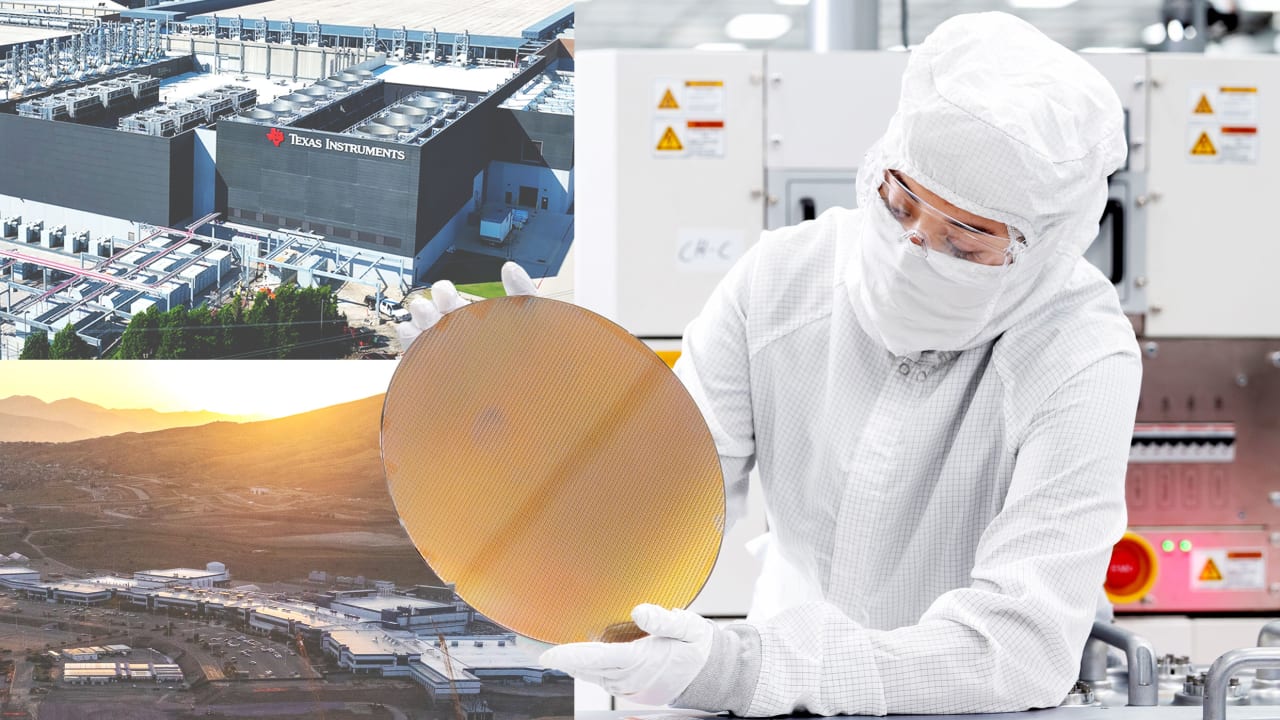



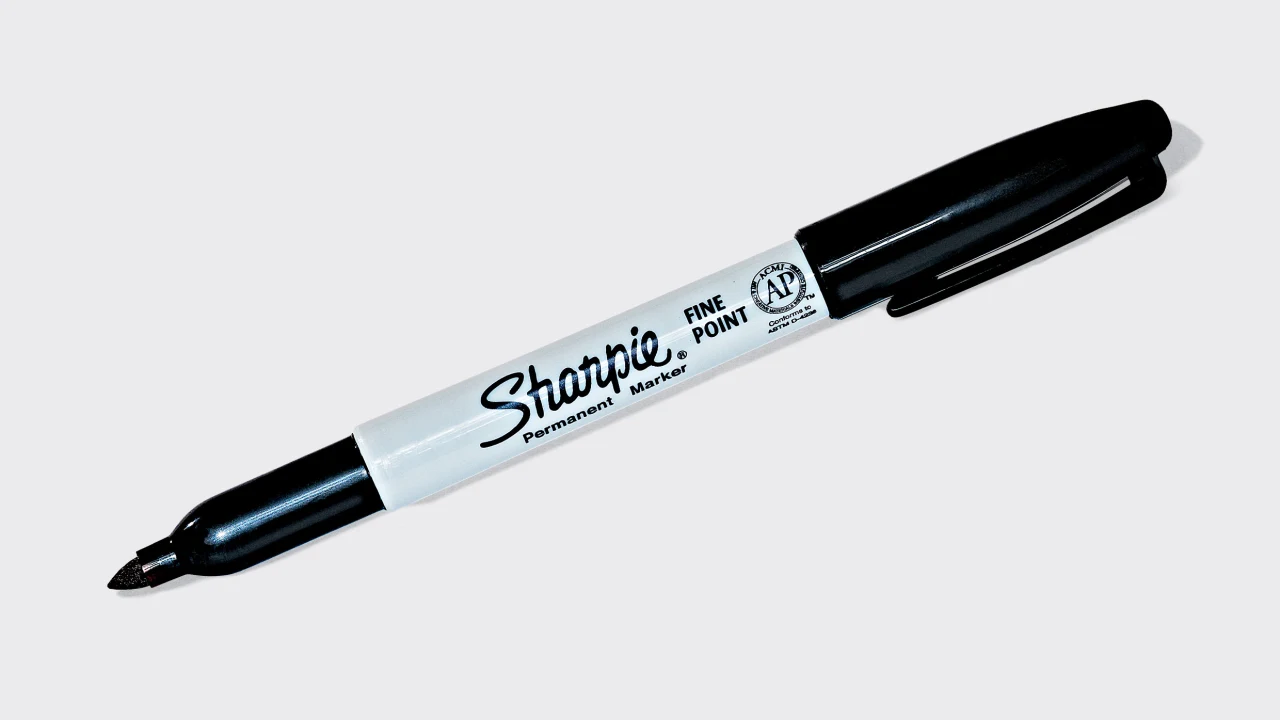





















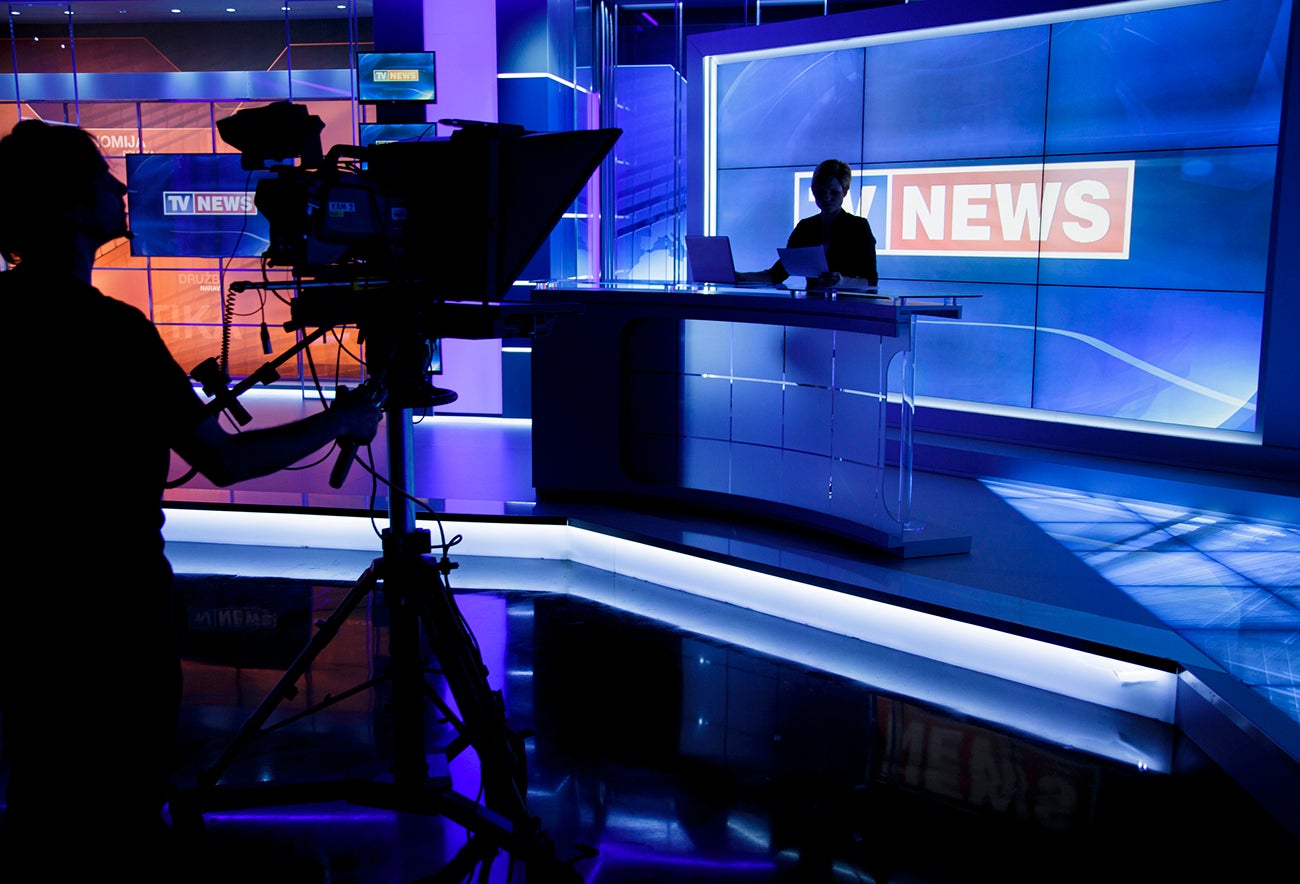







































![https //g.co/recover for help [1-866-719-1006]](https://newsquo.com/uploads/images/202506/image_430x256_684949454da3e.jpg)




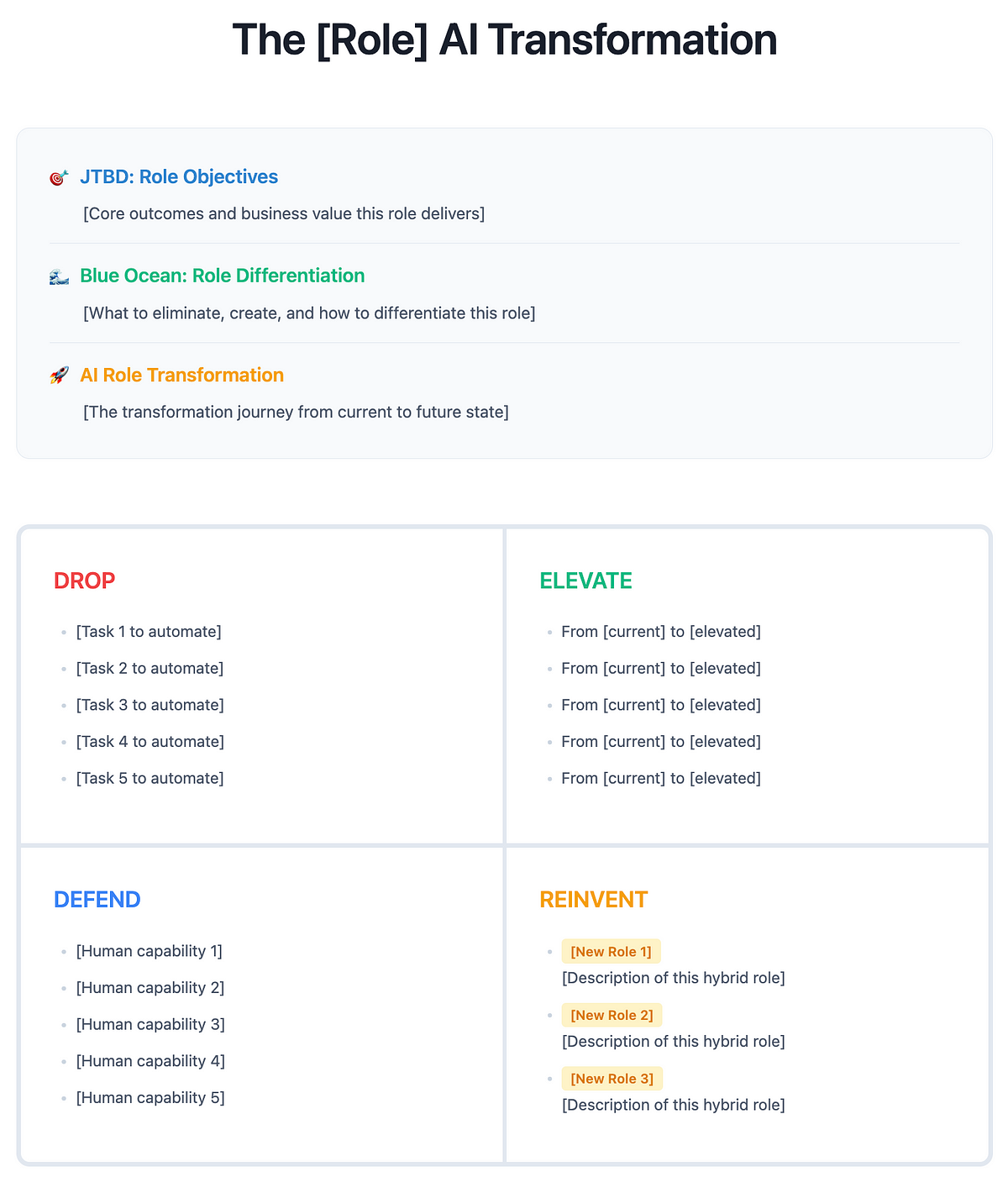

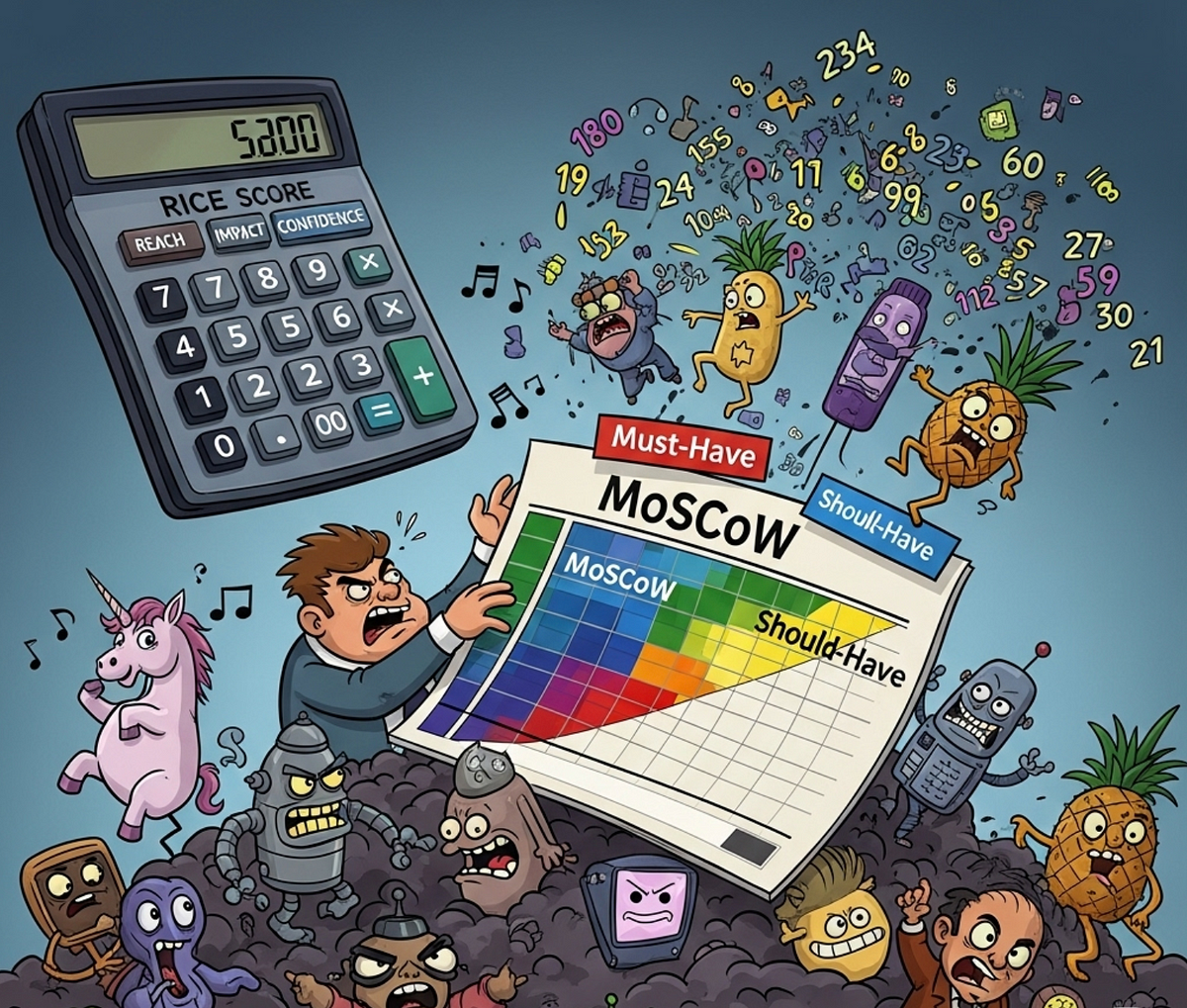








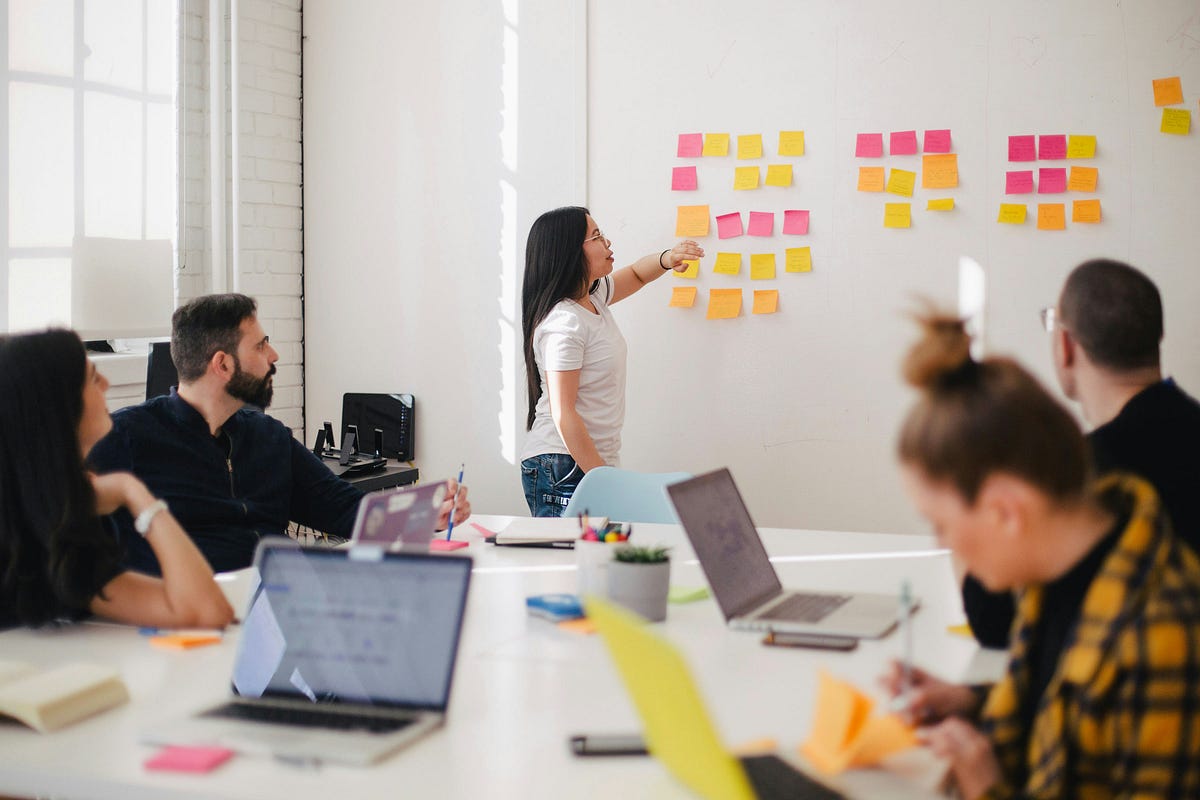








![How Smart PMs Scale Their Careers in Any Org [TPG Live Recap]](https://tpgblog.com/wp-content/uploads/2025/06/2025-06-12-thumbnail-action.png?#)














































